Space tourism: how far has the industry come?
Japanese billionaire advertising for ‘single woman’ to accompany him on trip to Moon
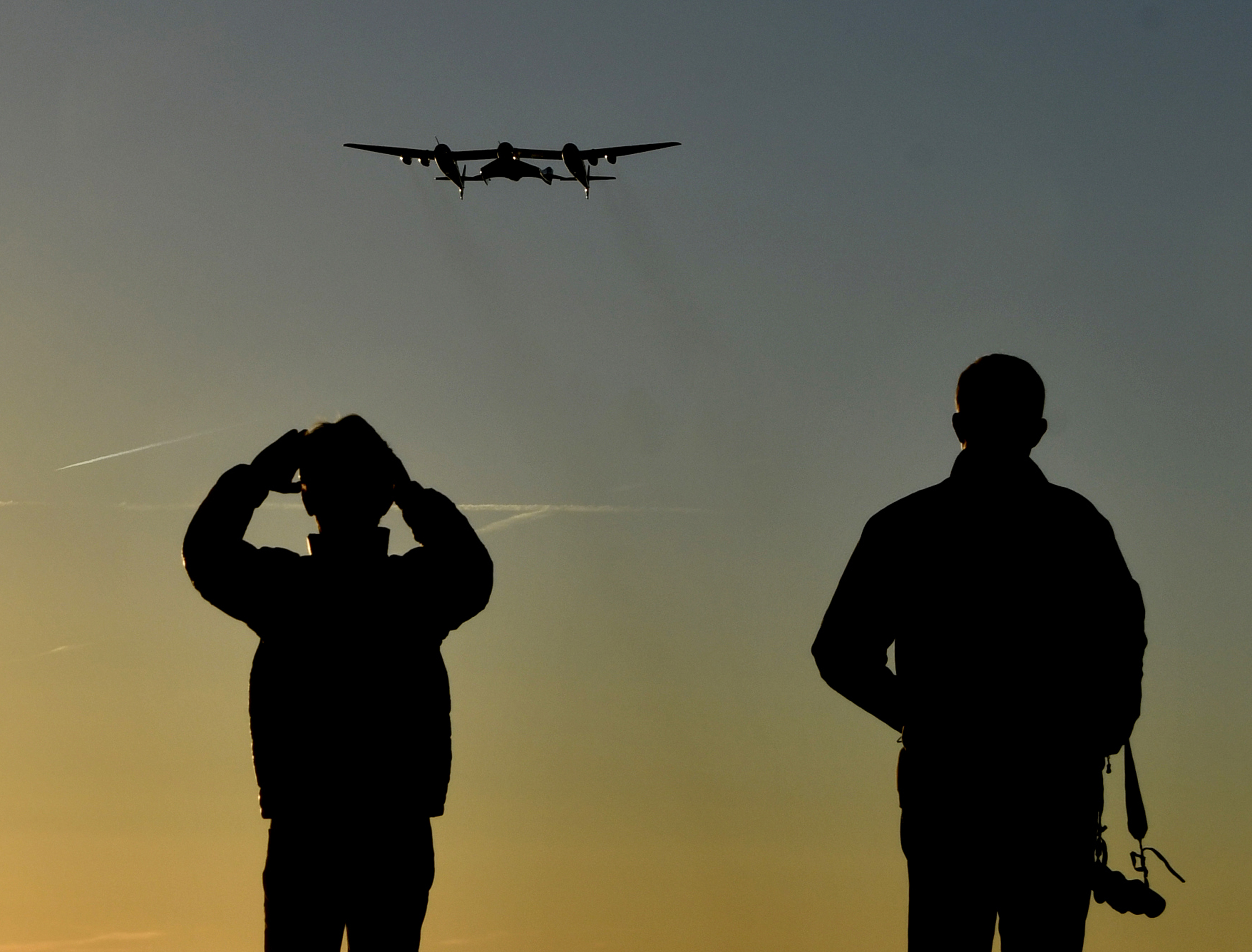
A free daily email with the biggest news stories of the day – and the best features from TheWeek.com
You are now subscribed
Your newsletter sign-up was successful
A Japanese billionaire is looking for a “single woman” to join him on a special trip in 2023 - to the Moon.
Fashion tycoon Yusaku Maezawa this week tweeted a link to a website dedicated to his goal of finding a women aged “over 20” to accompany him into space on a SpaceX rocket.
The mission will be the first lunar journey by humans since 1972, and 44-year-old Maezawa and his lucky guest will become the first civilian passengers to fly around the Moon - if the trip goes ahead.
The Week
Escape your echo chamber. Get the facts behind the news, plus analysis from multiple perspectives.

Sign up for The Week's Free Newsletters
From our morning news briefing to a weekly Good News Newsletter, get the best of The Week delivered directly to your inbox.
From our morning news briefing to a weekly Good News Newsletter, get the best of The Week delivered directly to your inbox.
What is space tourism?
Space tourism offers private civilians unaffiliated with any government body or space programme the chance to pay to go into space for recreational purposes.
US entrepreneur Dennis Tito became the first space tourist in 2001, flying to the International Space Station (ISS) aboard a Russian Soyuz rocket at a cost of $20m (£15m).
Six others have added their names to the exclusive list of private citizens who have journeyed into space, but no one has blasted off since 2009.
A free daily email with the biggest news stories of the day – and the best features from TheWeek.com
However, over the past year, space tourism has shifted from futuristic gimmick to serious business proposition, with Virgin Galactic, SpaceX and Boeing all vying to become leaders in the potentially lucrative market.
What’s the current state of play?
Virgin Galactic, backed by British billionaire Richard Branson, became the first publicly listed space company in October.
The firm - which says its mission is to become “the spaceline for Earth” - has already sold 603 seats to aspiring astronauts and has received thousands more “expressions of interest” from would-be customers, The Observer reports.
Chamath Palihapitiya, chair of the spaceflight firm’s holding company Social Capital Hedosophia, said he expects Virgin Galactic to start operating commercially this year and to be profitable by 2021.
But the immediate priority is to launch Branson into space before his 70th birthday, in July. “It’s gonna be a huge moment,” Virgin Galactic CEO George Whitesides told US broadcaster CNBC last week.
The race to take paying customers into space hotted up after Nasa announced last June that it would allow tourists to visit the ISS, for a fee of $35,000 (£27,000) per night.
The US space agency said that privately funded astronauts would be allowed to travel to the space station on US spacecrafts for stays of up to 30 days, as the BBC reported at the time.
Nasa officials added that private commercial companies would take responsibility for the crews and private astronauts, including checking they meet medical and training requirements for spaceflight.
Nasa has hired two firms to provide those services - Elon Musk’s SpaceX, which will use its Dragon capsule, and Boeing, which is building a spacecraft called the Starliner.
“These companies are likely to charge any private astronaut a similar ‘taxi fare’ to what they intend to charge Nasa for its astronauts - close to $60m (£45m) per flight,” according to the broadcaster.
Meanwhile, Jeff Bezos’ aerospace company, Blue Origin, is also looking to get in on the action. The firm has performed test flights of its tourism rocket, called New Shepard, as recently as December, and hopes to take paying passengers into space this year.
What does the future hold?
According to data from marketstudyreport.com, the space tourism market is expected to be worth $1.18bn (£900m) by 2024.
Blue Origin is attempting to build a lunar landing system in a bid to deliver the US government’s goal of taking humans to the Moon by 2024.
SpaceX is prioritising lunar travel too, and last September unveiled its Starship Mk1 - a prototype for the firm’s reusable launch system - which is capable of carrying up to 100 people to the Moon, Mars or other destinations in space or around Earth, as Space.com reported at the time.
Boeing’s contract to provide Nasa with space travel also allows for the opportunity to sell seats to private space tourists. In October, Boeing announced plans to invest $20m in Virgin Galactic to help develop commercial flights.
The recent advances have fuelled hopes that space tourism is about to take off.
“What’s exciting is that anyone can go, as long as they’re physically fit,” says Tamela Maciel from the National Space Centre in Leicester.
But while being fit may be an important selection criterion, so is being wealthy.
“There’s hope that the price will come down over time, as the technology becomes more advanced and less expensive to run. Though it’s safe to say it’s not going to rival Ryanair anytime soon,” says BT News.
-
 The ‘ravenous’ demand for Cornish minerals
The ‘ravenous’ demand for Cornish mineralsUnder the Radar Growing need for critical minerals to power tech has intensified ‘appetite’ for lithium, which could be a ‘huge boon’ for local economy
-
 Why are election experts taking Trump’s midterm threats seriously?
Why are election experts taking Trump’s midterm threats seriously?IN THE SPOTLIGHT As the president muses about polling place deployments and a centralized electoral system aimed at one-party control, lawmakers are taking this administration at its word
-
 ‘Restaurateurs have become millionaires’
‘Restaurateurs have become millionaires’Instant Opinion Opinion, comment and editorials of the day
-
 Row over pole-dancing skeleton
Row over pole-dancing skeletonTall Tales And other stories from the stranger side of life
-
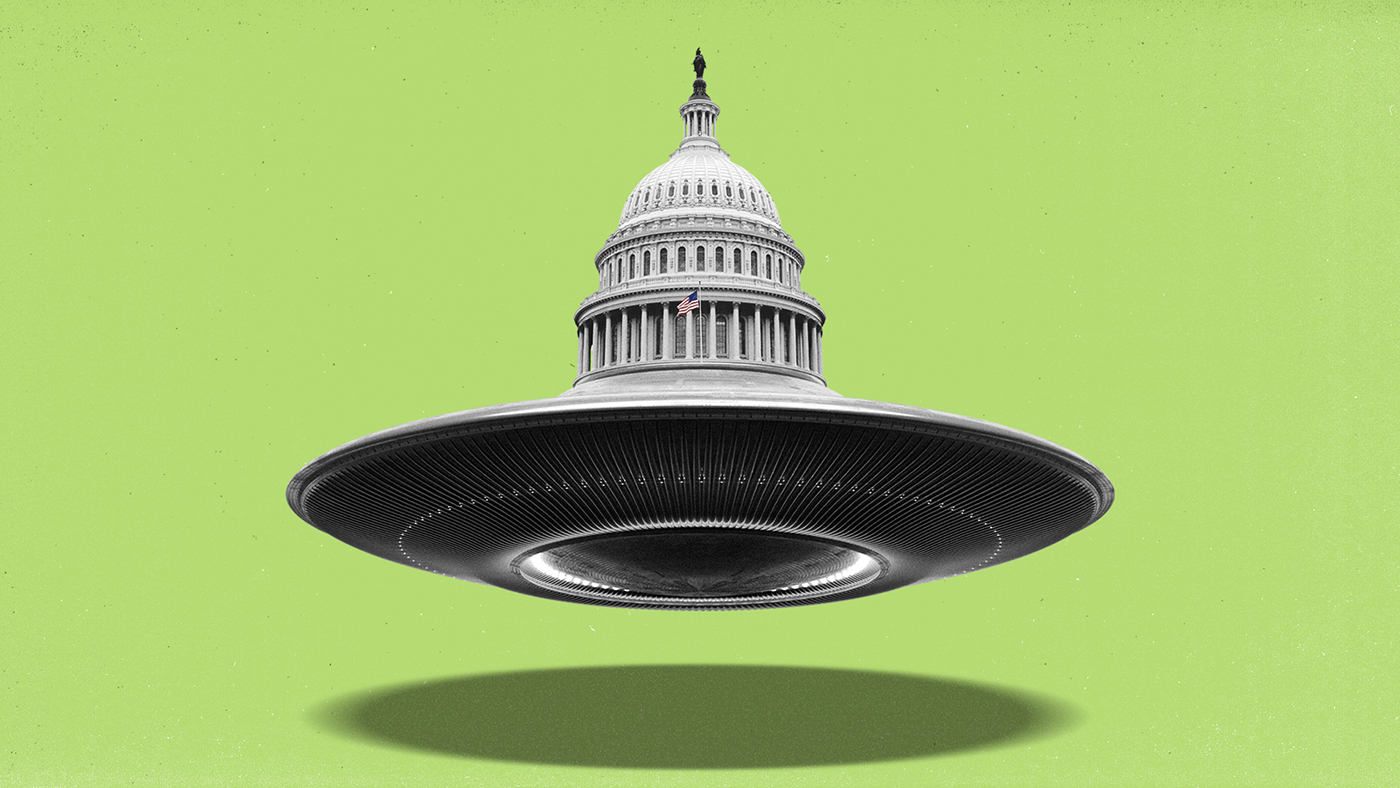 UFO hearing: why is Washington suddenly embracing aliens?
UFO hearing: why is Washington suddenly embracing aliens?Today's Big Question Speculation of extraterrestrial life has moved from ‘conspiracy fringe’ to Congress
-
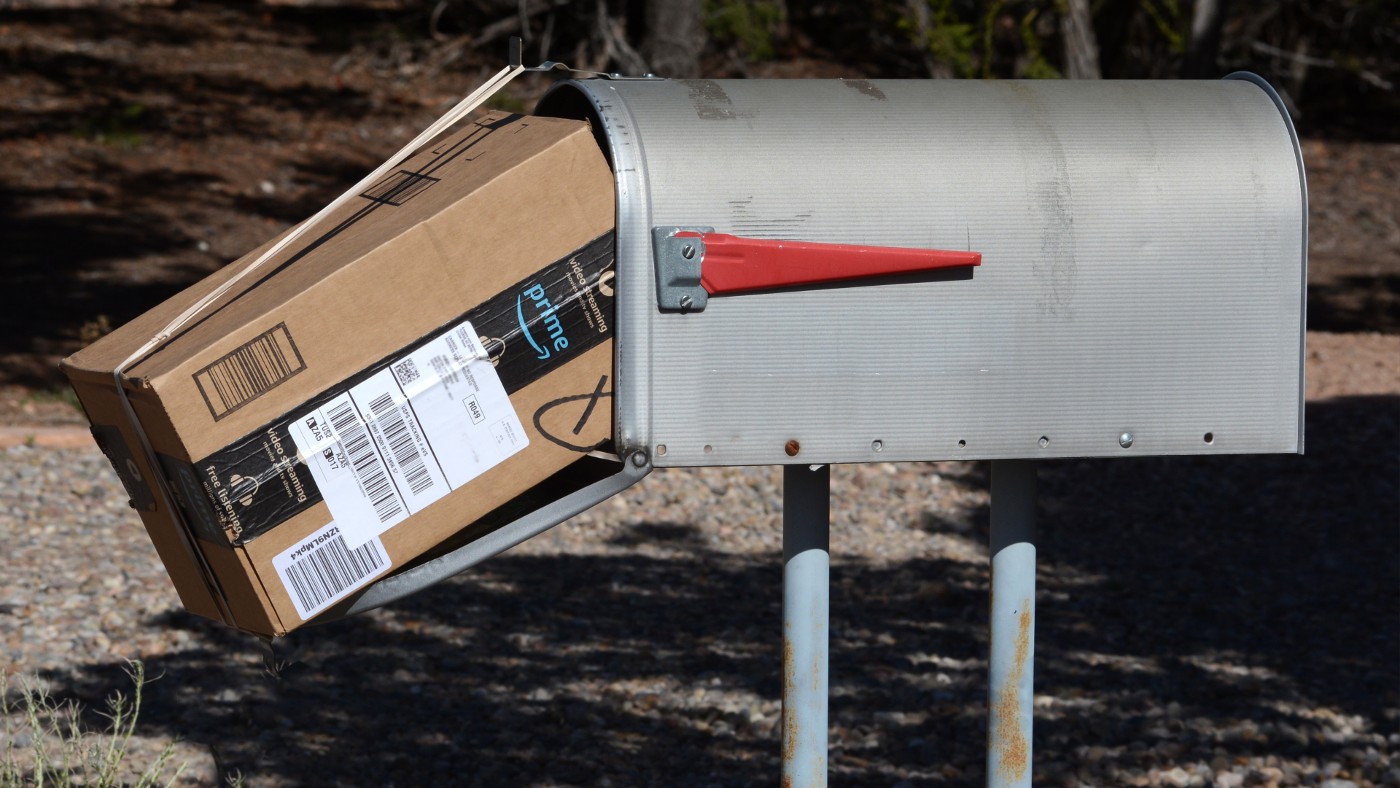 Woman bombarded with Amazon packages she didn’t order
Woman bombarded with Amazon packages she didn’t orderfeature And other stories from the stranger side of life
-
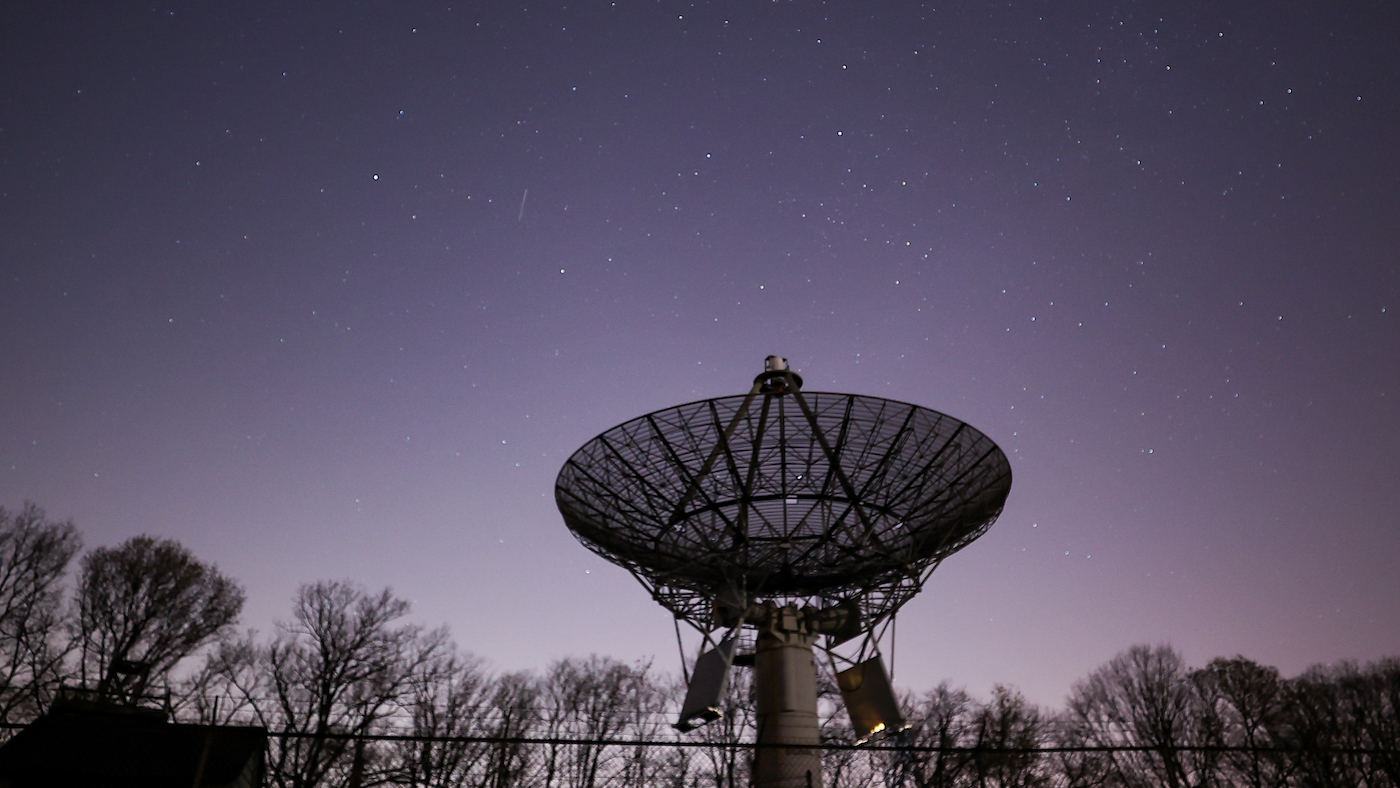 Pentagon whistleblower claims government hiding alien technology
Pentagon whistleblower claims government hiding alien technologyfeature A former intelligence worker claims the government is secretly holding vehicles of ‘non-human origin’
-
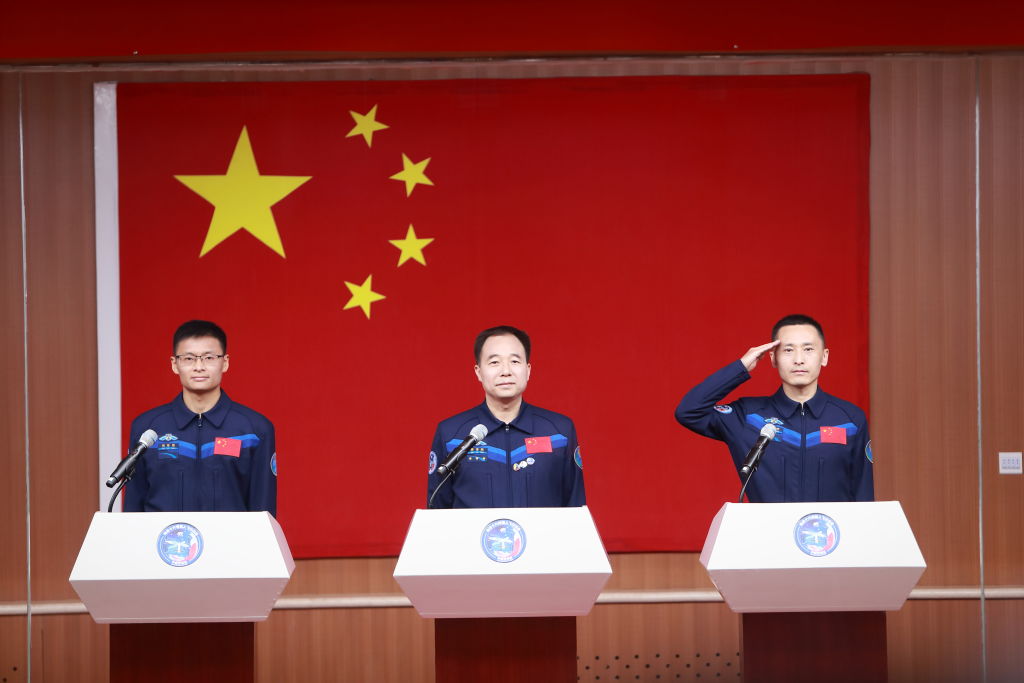 China plans to land astronaut on the moon by 2030, official says
China plans to land astronaut on the moon by 2030, official saysSpeed Read
-
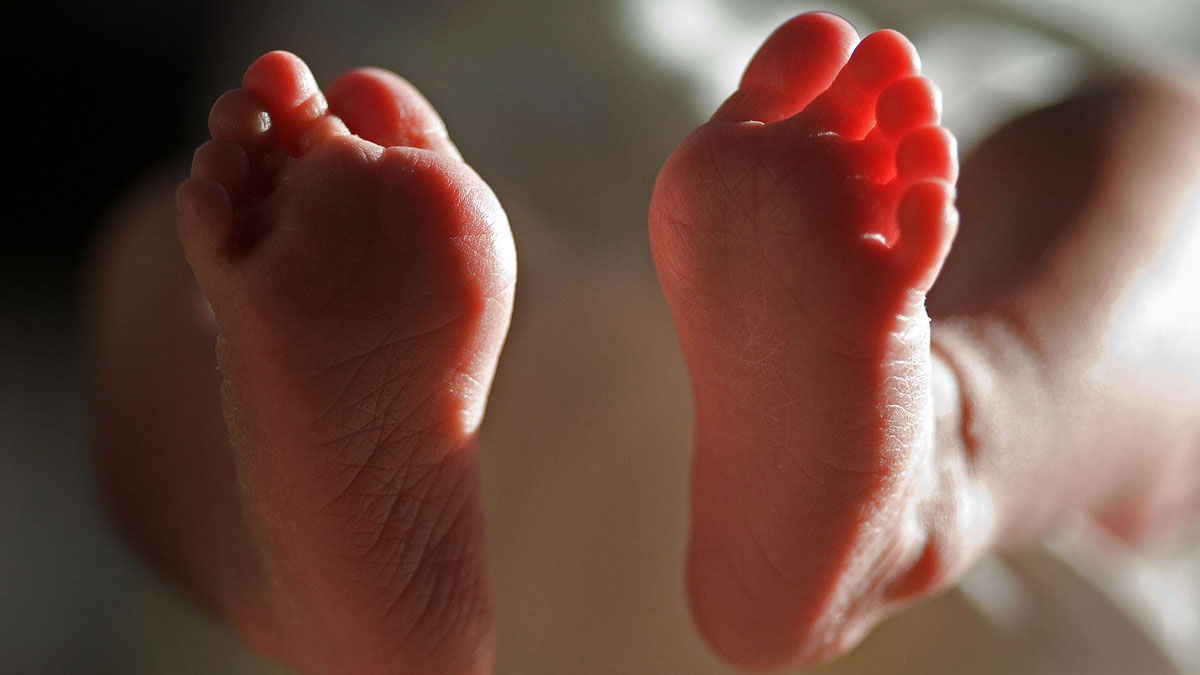 Baby born using three people’s DNA
Baby born using three people’s DNAfeature And other stories from the stranger side of life
-
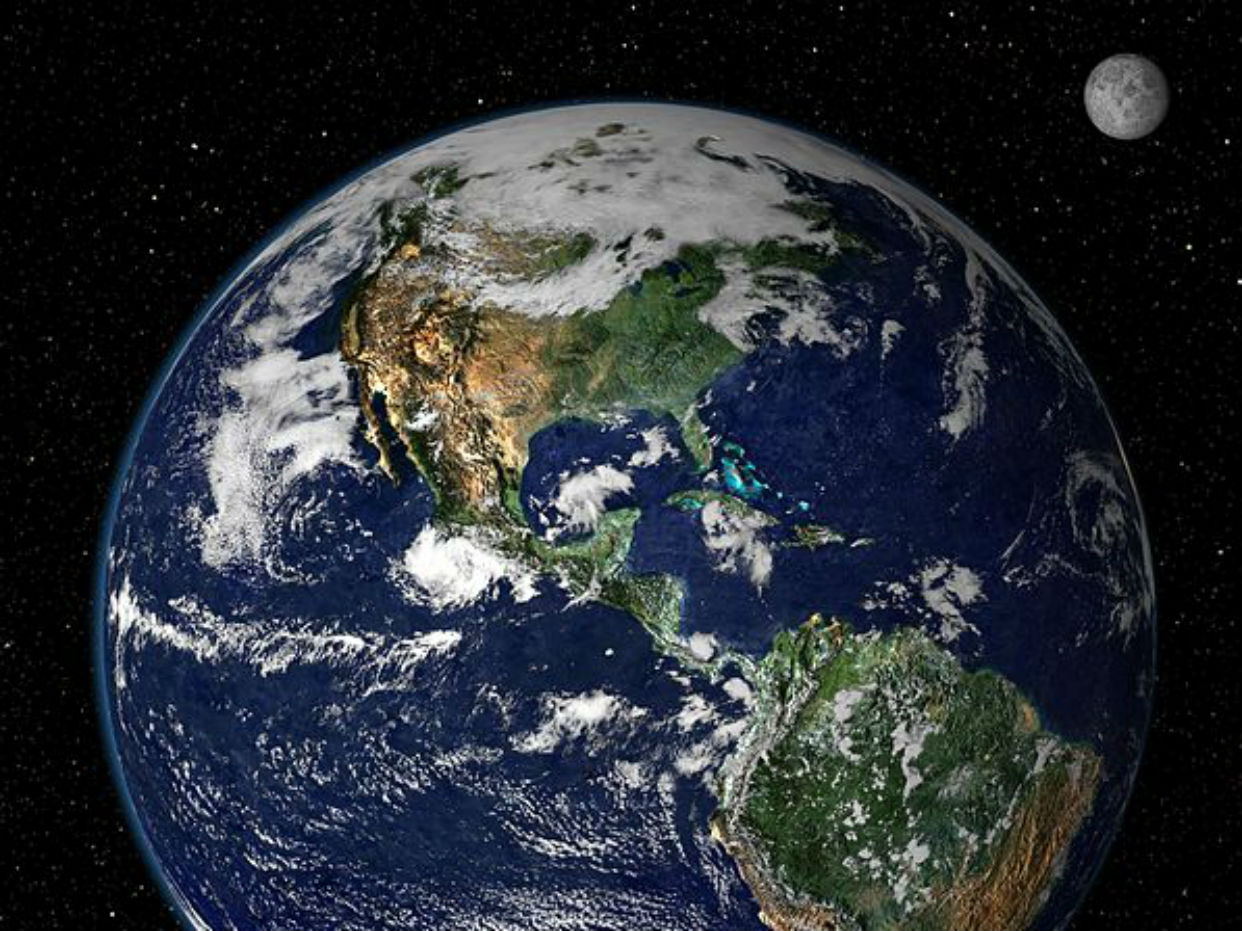 Scientists have watched the end of the world
Scientists have watched the end of the worldfeature And other stories from the stranger side of life
-
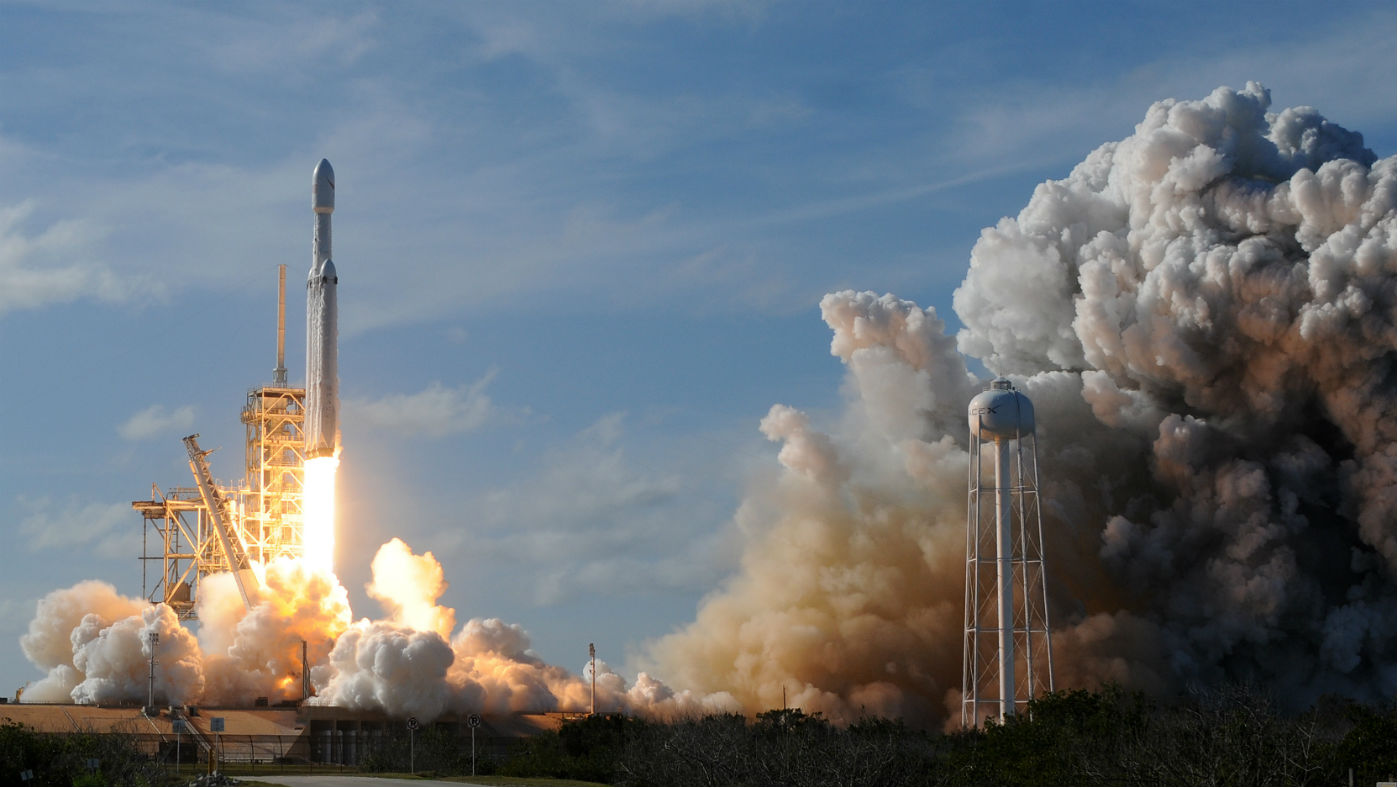 Space tourists face sex bureaucracy
Space tourists face sex bureaucracyfeature And other stories from the stranger side of life